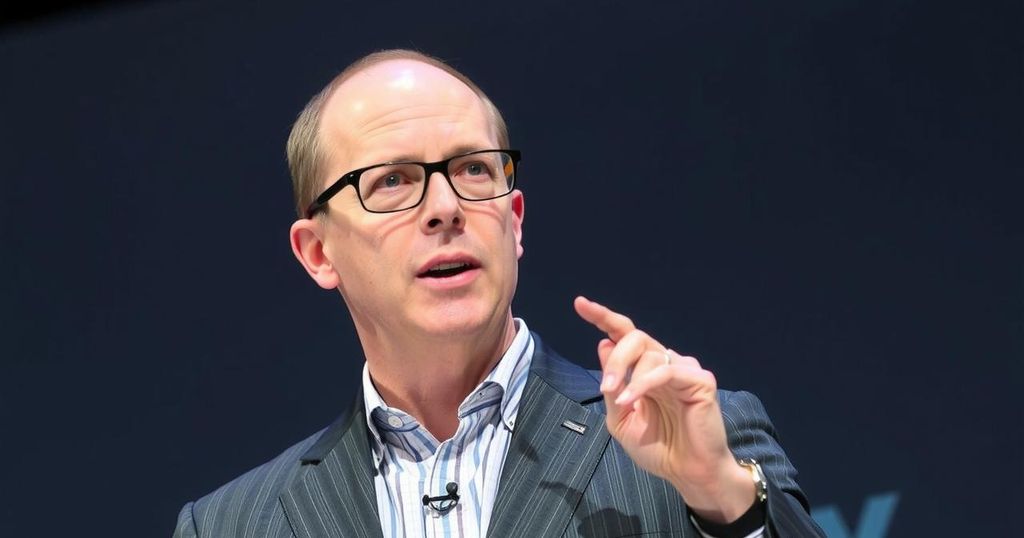Chancellor Scholz Responds to Elon Musk’s Election Influence in Germany

Chancellor Olaf Scholz criticized Elon Musk for influencing Germany’s snap election by endorsing the far-right AfD. He affirmed that citizens should determine their political fate and highlighted the negative implications Musk’s actions have on Europe. With the AfD categorized as extremist, Scholz remains hopeful that the general populace will prevail over extreme viewpoints in the upcoming election.
In a recent New Year’s address, German Chancellor Olaf Scholz firmly rebuffed comments made by billionaire Elon Musk regarding the upcoming snap election in Germany, scheduled for February 23. Scholz emphasized that it is ultimately the citizens of Germany who should determine the direction of their nation, underscoring that influence from social media owners should not dictate political outcomes. Though he did not directly mention Musk, it was evident that his remarks addressed the tech mogul, who has openly supported the far-right party Alternative for Germany (AfD).
Musk’s public endorsement of the AfD has ignited considerable backlash within Germany, prompting various politicians and officials to accuse him of attempting to sway the election in favor of extremist views. In conjunction with Scholz’s response, Vice Chancellor Robert Habeck condemned Musk, stating that he is strengthening entities that undermine Europe. Recently, Musk has made disparaging remarks about German leaders including calling Scholz derogatory names and labeling President Frank-Walter Steinmeier an “anti-democratic tyrant.”
The AfD, which has increasingly leaned towards radical positions since its inception as a eurosceptic party in 2013, is now deemed a suspected extremist organization by Germany’s federal domestic intelligence. Musk’s declarations not only reflect growing global populist sentiments but may also pose significant ramifications for Germany’s next governmental structure, especially with conservative candidate Friedrich Merz leading in the polls and expressing intentions to negotiate with favorable U.S. leadership under Donald Trump. Scholz, however, remains optimistic that the electorate comprises predominantly rational and compassionate individuals who will positively steer their nation’s future, despite the clamor from extreme perspectives.
The backdrop of this discussion encompasses the increasingly polarized political atmosphere in Germany, particularly with the rise of the AfD, which has gained traction as a far-right party. Elon Musk’s open admiration for such figures poses questions about foreign influence on domestic politics. Given the historical context of Germany’s political parties, the increasing visibility of populism adds complexity to the upcoming elections, exacerbated by Musk’s unreserved criticisms of mainstream politicians and endorsements of right-leaning alternatives. The intersection of technology and politics in this instance serves to highlight the challenges modern democracies face against external meddling.
In summary, Chancellor Olaf Scholz’s response to Elon Musk’s recent political comments underscores the critical nature of sovereignty in electoral processes. Scholz’s emphasis on the power of German citizens against external influence reflects a broader concern regarding the impact of tech moguls and populism on democratic governance. As the snap election approaches, the statements made by figures such as Musk will likely continue to fuel dialogue surrounding the political integrity of Germany and the rise of extremist parties.
Original Source: www.politico.eu








